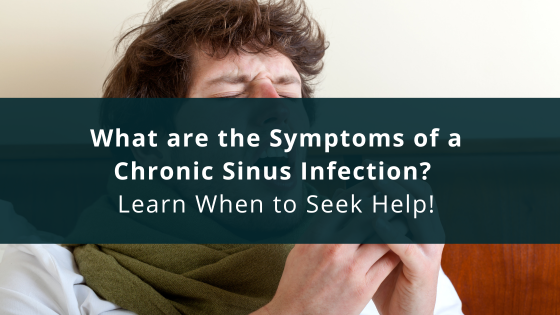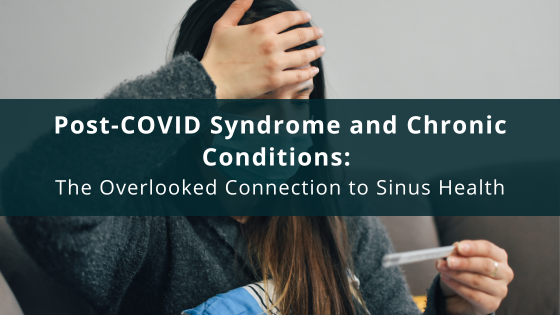The Covid-19 pandemic has shown us the importance of good health. Medications alone will not insure favorable outcomes. It is time that we begin to look to ourselves to remain healthy and not believe that there will be one magic pill out there for every illness to save us.
For over seventy years, Madison Avenue, in alliance with big corporations, has convinced us that we could a be as abusive to our bodies as we wanted to and not to worry, because the pharmaceutical industry had the cure. In this time period, we were told we not only could eat what we wanted, but as much as we wanted to. We could smoke, not exercise, sit, and watch TV or entertain ourselves with a computer or cell phone for hours upon hours and not be concerned. Why? The simple answer was that there was a medication out there for anyone who had these insults such as hypertension, hyperlipidemia, and diabetes. An antidote, so to speak, for the poisons you take in.
Obstructive sleep apnea (OSA) is now included as a risk factor for an unfavorable outcome with Covid-19. OSA is considered an independent risk factor for complications from Covid-19. Multiple studies have shown how patients with OSA have worse clinical outcomes from Covid-19 including length of stay, ICU admissions, intubations, and death.
This is accomplished by several metabolic and physical derangements that are caused by OSA. First of all, OSA creates a pro-inflammatory state in the body similar to what is seen with obesity with elevated levels of IL-6, IL-17 and alpha TNF. It causes dysregulation of the renin-angiotensin-aldosterone axis, which affects blood pressure and fluid retention. Repeat airway obstruction cause negative intrathoracic airway pressure which leads to lung injury, due to increase shearing force of the lung parenchyma.
Based on these findings it is easy to see how Covid-19 can cause worse outcomes in patients with untreated OSA. There is more, however; there are other risk factors for worse outcomes due to Covid-19 that overlap with OSA – in other words, OSA worsens these risk factors. These include diabetes, acute coronary syndrome, metabolic syndrome, and non-alcoholic fatty liver disease (NAFLD).
From an epidemiological point of view, OSA affects more of us than is thought. Approximately one billion people have some degree of OSA. That is more than one eighth of the world’s population today. Risk increases approximately 2% per year and menopausal status will change the risk for women. Men are at higher risk for OSA, which correlated well with what was seen with more severe outcomes with Covid-19.
Ethnicity also plays a part in OSA. Younger African Americans have an increased risk of OSA compared other ethnic groups of the same age. Asians with OSA are usually thinner than would be expected. Genetics also plays a role in OSA, both through direct and indirect inheritability.
I bring this up for the simple reason that there is very little awareness out there on how OSA can affect your health. With new variants of Covid-19 that are now being seen, promoting good health now is more important than ever and I believe the powers that be should do more to promote awareness of OSA. Of course, one of the most common complaints about OSA from patients is the ever famous, “I’m not going to be hooked up to that @#%& machine.” Fair enough, there are now alternatives, but you can’t explore those alternatives until you know, and that’s the first step.







